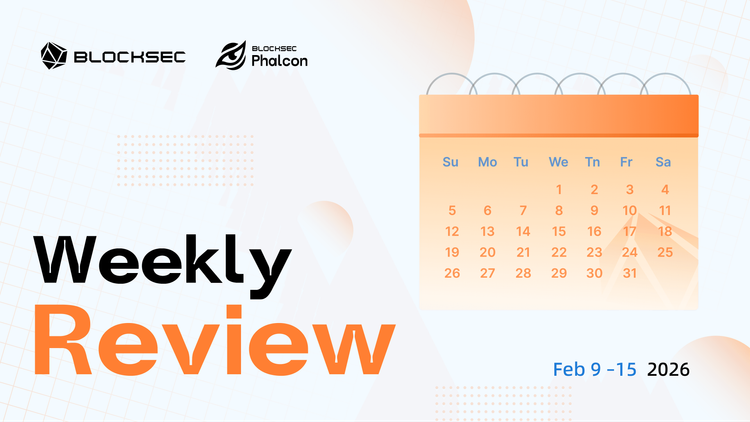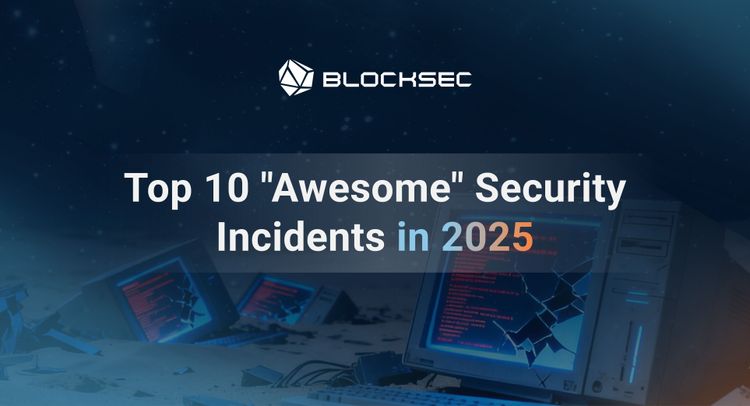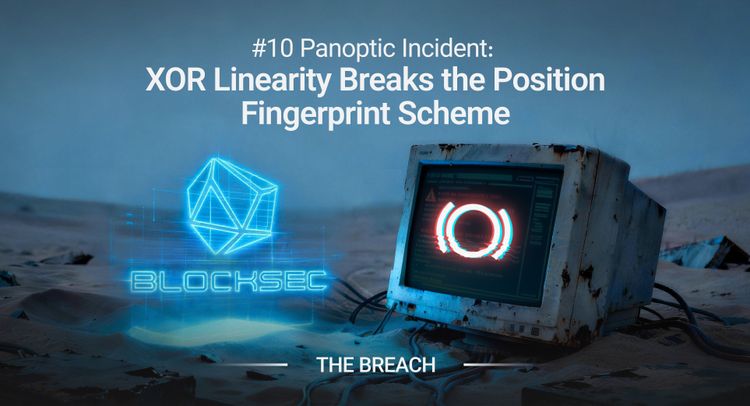In the digital tapestry of blockchain, smart contracts are the warp and weft, binding transactions and applications with their self-executing protocols. The increasing importance of blockchain security cannot be overstated, especially with the surge in decentralized finance (DeFi) and non-fungible tokens (NFTs).
Smart contracts are the cornerstone of blockchain transactions and applications, automatically executing agreements and transactions. However, given the complexity and novelty of these smart contracts, we must remain vigilant and leverage expertise to address them. As a result, the demand for smart contract auditors has been increasing significantly in recent years.
If you're looking to pave your career in this niche, this blog will illuminate your path.
What is a Smart Contract Audit?
A smart contract audit is a comprehensive review process where auditors examine the code underpinning contracts deployed on the blockchain to identify security vulnerabilities within it. The goal is to ensure that the contract functions as expected and there are no vulnerabilities that could lead to the loss of funds or sensitive data. Think of it as a meticulous quality check that precedes the launch of a spacecraft, every small detail could be the difference between success and catastrophic failure.
Auditing as a key process in protocol security assessment, is typically performed before the protocol is launched. It encompasses a suite of techniques, including manual code review, static analysis, dynamic fuzz testing, and formal verification.
The Imperative Role of Smart Contract Auditors
We know that smart contracts are programs written by humans. As long as they are programs written by humans, there will be errors and defects. Moreover, once a smart contract is deployed, it is not that simple to modify it. Even seemingly small errors can cause catastrophic losses to Web3 once the project is launched. The DeFi industry has lost billions of dollars over the past few years due to these vulnerabilities and unpreventable hacks.
Therefore, smart contract auditors play a key role in the blockchain ecosystem. They act as the guardians of the blockchain, ensuring that smart contracts are free of vulnerabilities that could cause financial losses or compromise the integrity of the blockchain. Their expertise lies not only in finding bugs but also in enhancing the performance and security of smart contracts.
Pathway to Becoming a Smart Contract Auditor
Step 1: Grasping the Fundamentals
Building a Foundation in Programming
Programming skills are a necessary prerequisite to becoming a smart contract auditor. To audit a smart contract, you must first understand it. Auditors must be able to effectively write and analyze code commonly used in smart contracts, such as Solidity, JavaScript, and Rust.
You should start by learning Solidity, as its code is highly readable and easy to comprehend. Moreover, since Solidity is the primary language for web3 development, the knowledge you acquire will apply to most blockchain applications.
Understanding Blockchain and Ethereum
To embark on a career as a smart contract auditor, a robust comprehension of blockchain technology is essential. This involves a study of the fundamental aspects such as distributed ledgers, consensus mechanisms, and the architecture of smart contracts.
Ethereum is currently the most popular blockchain globally. You should understand how Ethereum and similar platforms operate. You also need to understand Ethereum applications, such as fungible tokens (ERC-20) and non-fungible tokens (ERC-721), DeFi, decentralized exchanges (DEXs), and more.
Familiarize Yourself with the Most Used Smart Contracts
In the process of auditing, you will constantly come across various types of smart contracts. It is extremely necessary to familiarize yourself with the common smart contracts and to deeply understand their mechanisms.
- Token contracts: Token contracts are fundamental components in the blockchain that represent assets or utility. Familiarize yourself with the foundational token standards: EIP20 for fungible tokens and EIP721 for non-fungible tokens (NFTs). While there is a plethora of token standards, these two are the cornerstones for beginners.
- Proxies: Proxies help in upgrading smart contracts while preserving the contract's address and state. These contracts delegate calls to other contracts, allowing for code upgrades without changing the contract's address. Learn More: OpenZeppelin Upgradable Contracts.
- Staking Contracts:Staking contracts enable users to lock tokens to receive rewards and participate in network security. The MasterChef contract lets users deposit cryptocurrency in exchange for rewards. The more you deposit and the longer you keep it there, the more rewards you earn. Comprehending its operation and necessity is crucial, especially since blockchain limitations prevent simultaneous updates for all users.
- Decentralized Finance (DeFi) Contracts:DeFi contracts power decentralized platforms for financial services like lending, borrowing, and trading. Liquidity Pool Contracts are Central to protocols like Uniswap or SushiSwap, these contracts pool resources for decentralized trading, lending, and yield farming. Understanding Uniswap V2 is much simpler and is fundamental to understanding automated market makers (AMMs).
Gaining this knowledge will help you understand the industry and your role as an auditor within the ecosystem. A firm grasp of core blockchain concepts is essential for effectively auditing smart contracts.
Step 2: Diving Deeper
Recognizing Common Smart Contract Vulnerabilities
Staying abreast of common vulnerabilities and past exploits is a must, as this knowledge helps prevent future incidents. Common vulnerabilities include reentrancy attacks, integer overflow, and input validation.
Additionally, reading audit reports and post-mortem security analyses from well-known cybersecurity researchers and organizations is an excellent way to enhance your auditing skills.
Tools for Smart Contract Testing
Tools are essential. Auditors ought to be proficient with instruments that guarantee comprehensive testing and the efficiency of audits. Tools like Slither and Hardhat are frequently used in the industry.
Step 3: Advancing Your Skill
Accumulating Hands-On Experience
Practical experience is invaluable, participating in bug bounties and competitive auditing contests provides real-world exposure to various smart contracts and security postmortems.
Here are some platforms where you can practice your auditing skills:
Certainly, expanding on the idea of contributing to open-source projects or interning with blockchain security firms is also a great way to gain practical experience.
Continuously Learn
Becoming a top-notch smart contract auditor means committing to a career of continuous learning and staying abreast of the latest security trends. To maintain sharp skills and up-to-date knowledge, you should regularly consume security-related content. Subscribing to well-regarded web3 security newsletters, like Blockchain Threat Intelligence, Week In Ethereum, or platforms like Phalcon, DeFiHackLabs, and Rekt that offer such postmortem reports.
Conclusion
Smart contract auditors are critical to maintaining security on the blockchain. Their role involves constant learning and adapting to new challenges. For those willing to delve into the complexities of blockchain and smart contract security, the rewards are substantial. Not only in terms of career growth and financial benefits but also in contributing to the development of a secure and stable digital future.
By following the steps in this guide and committing to ongoing education and hands-on practice, you can establish yourself as a trusted smart contract auditor.




